
English Encyclopedia
 Economy and trade
Economy and trade

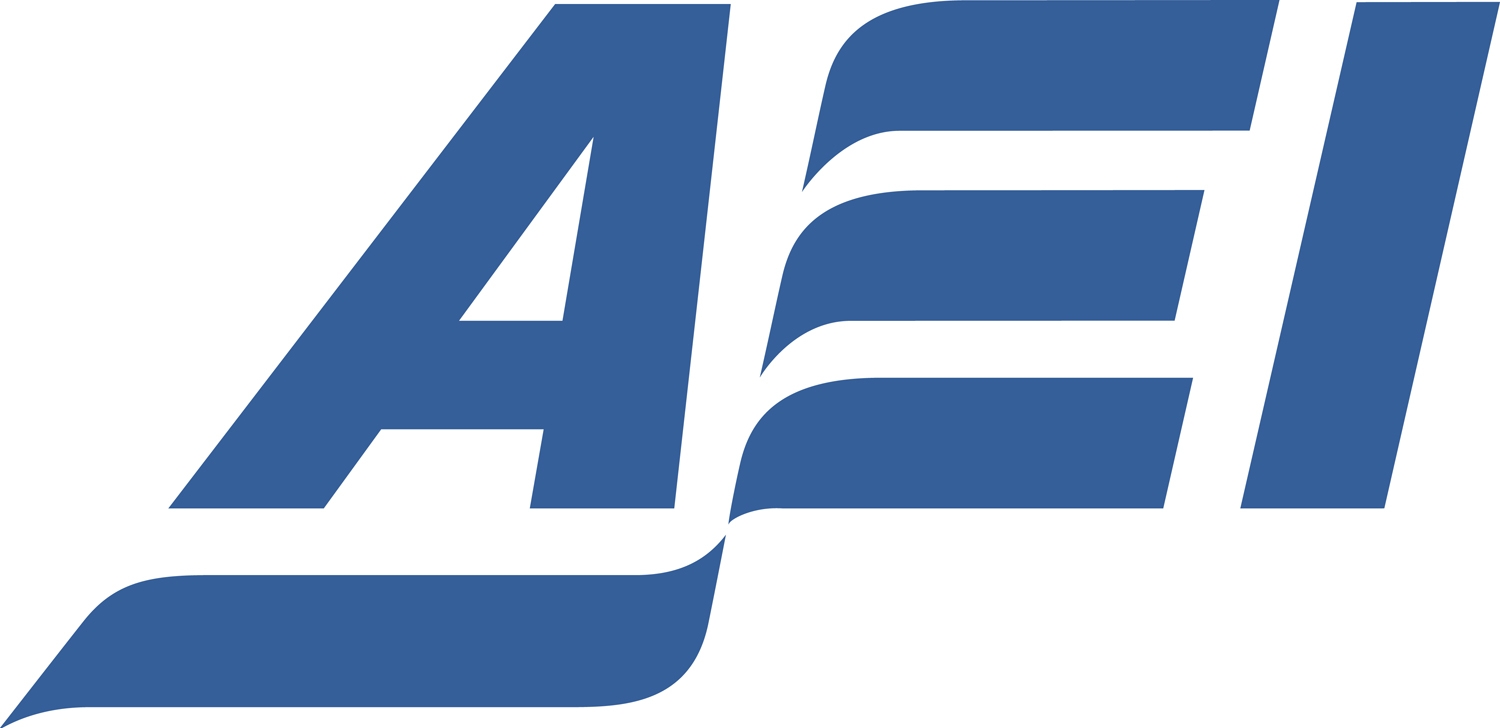
 *American think tanks
*American think tanks
 *United States Political System
*United States Political System

 Financial
Financial
 *United States economic data
*United States economic data

 Party and government
Party and government
 *Think Tank
*Think Tank
 United States
United States

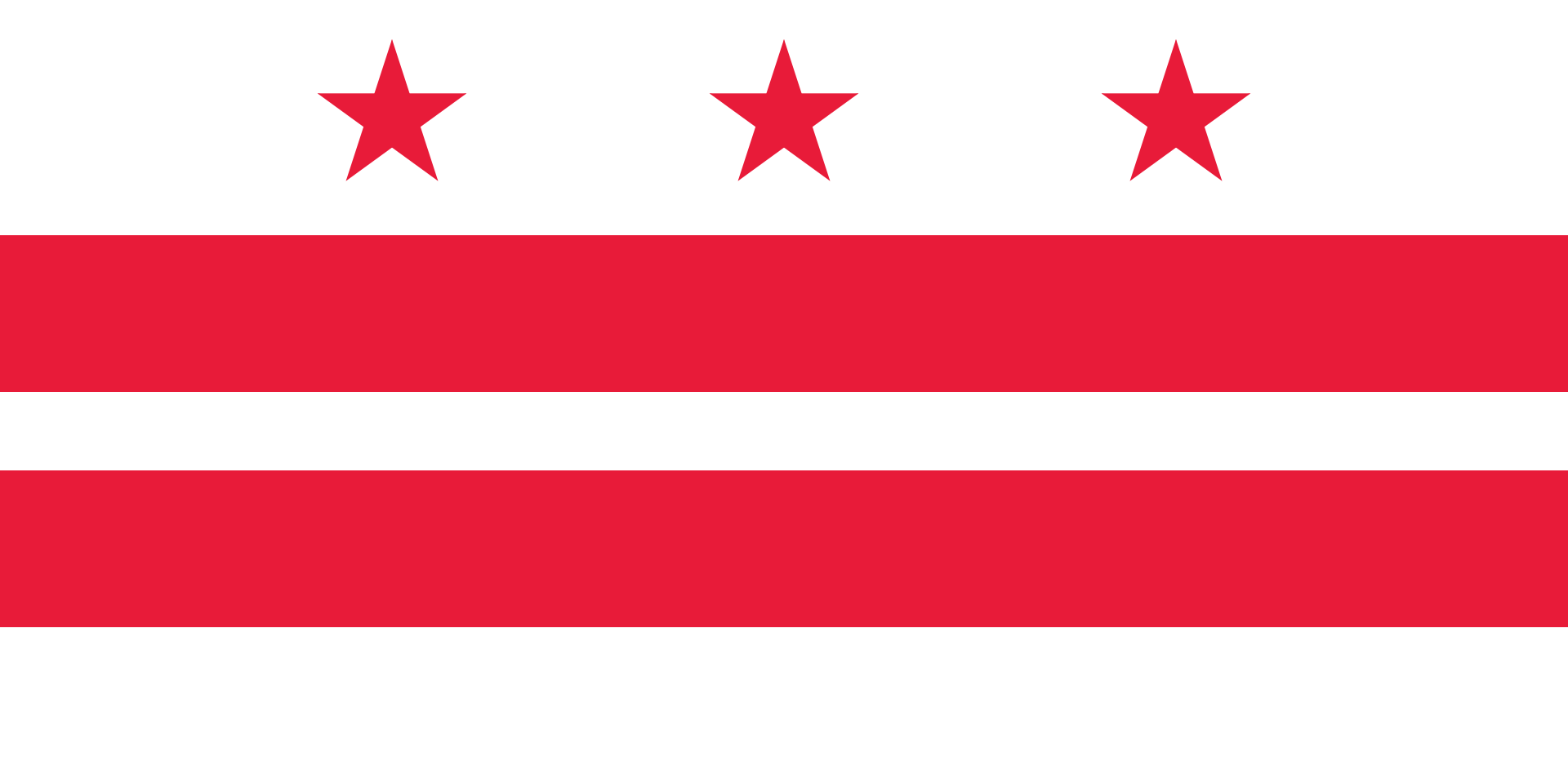 Washington, D.C.
Washington, D.C.

The Brookings Institution, often simply called Brookings, is an American research group founded in 1916. Located on Think Tank Row in Washington, D.C.,[3] the organization conducts research and education in the social sciences, primarily in economics (and tax policy), metropolitan policy, governance, foreign policy, global economy, and economic development.[4][5] Its stated mission is to "provide innovative and practical recommendations that advance three broad goals: strengthen American democracy; foster the economic and social welfare, security and opportunity of all Americans; and secure a more open, safe, prosperous, and cooperative international system."[3]
Brookings has five research programs at its Washington campus: Economic Studies,[6] Foreign Policy,[7] Governance Studies,[8] Global Economy and Development,[9] and Metropolitan Policy.[10] It also established and operates three international centers which are based in Doha, Qatar (Brookings Doha Center, and since 2021, the Middle East Council on Global Affairs or MECGA);[11] Beijing, China (Brookings-Tsinghua Center for Public Policy, and since 2020, the Brookings-Tsinghua China Office at Tsinghua University);[12] and New Delhi, India (Brookings India, and since 2020, the Centre for Social and Economic Progress or CSEP).[13]
The University of Pennsylvania's Global Go To Think Tank Index Report has named Brookings "Think Tank of the Year" and "Top Think Tank in the World" every year since 2008.[14] The Economist describes Brookings as "perhaps America’s most prestigious think-tank."[15]
Brookings states that its staff "represent diverse points of view" and describes itself as nonpartisan,[16] and various media outlets have alternately described Brookings as centrist,[17] liberal,[18] or right-wing.[19] An academic analysis of congressional records from 1993 to 2002 found that Brookings was cited by conservative politicians almost as often as by liberal politicians, earning a score of 53 on a 1–100 scale, 100 representing the most liberal score.[20] The same study found Brookings to be the most frequently cited think tank by U.S. media and politicians.
 *American think tanks
*American think tanks

 Financial
Financial
 *United States economic data
*United States economic data

 Party and government
Party and government
 *Think Tank
*Think Tank
 United States
United States

 Washington, D.C.
Washington, D.C.
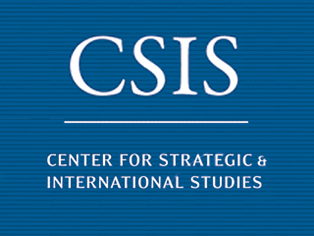
The Center for Strategic and International Studies (CSIS) is a think tank based in Washington, D.C., in the United States.[5] CSIS was founded as the Center for Strategic and International Studies of Georgetown University in 1962. The center conducts policy studies and strategic analyses of political, economic and security issues throughout the world, with a specific focus on issues concerning international relations, trade, technology, finance, energy and geostrategy.[6]
In the University of Pennsylvania's 2019 Global Go To Think Tanks Report, CSIS is ranked the number one think tank in the United States across all fields, the "Top Defense and National Security Think Tank" in the world, and the 4th best think tank in the world overall.[7][8] CSIS has been named the number one think tank for Defense and National Security for the past seven years, and has been declared the 'Center of Excellence'.[8]
Since its founding, CSIS "has been dedicated to finding ways to sustain American prominence and prosperity as a force for good in the world", according to its website.[9] CSIS is officially a bipartisan think tank with scholars that represent varying points of view across the political spectrum. The think tank is known for inviting well-known foreign policy and public service officials from the U.S. Congress and the executive branch, including those affiliated with either the Democratic or the Republican Party as well as foreign officials of varying political backgrounds. It has been labeled a "centrist" think tank by U.S. News & World Report.[10]
The center hosts the Statesmen's Forum, a bipartisan venue for international leaders to present their views. Past speakers have included UN Secretary General Ban Ki Moon and National Security Advisor Tom Donilon.[11] The center also conducts the CSIS-Schieffer School Dialogues, a series of discussions hosted by Bob Schieffer, of CBS News, in addition to the Global Security Forum, with keynote addresses by Defense Department officials including former Secretary of Defense Chuck Hagel.
 *European Union
*European Union
 Belgium
Belgium
 Belgium
Belgium
 Denmark
Denmark
 Germany
Germany
 Estonia
Estonia

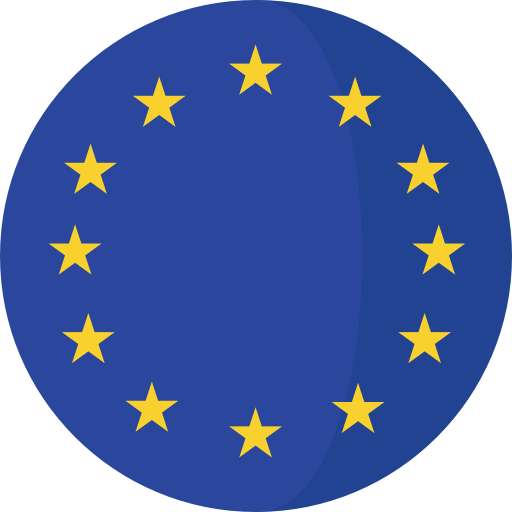 European Union
European Union
 Member States of the European Union
Member States of the European Union
 Finland
Finland
 France
France
 Greece
Greece

 Hand in Hand
Hand in Hand
 Holland
Holland
 Ireland
Ireland
 Italy
Italy
 Croatia
Croatia
 Latvia
Latvia
 Lithuania
Lithuania
 Luxembourg
Luxembourg
 Malta
Malta
 Nobel prize
Nobel prize
 2012
2012
 Nobel prize
Nobel prize
 Nobel Peace Prize
Nobel Peace Prize
 Austria
Austria

 Party and government
Party and government

 Party and government
Party and government
 Group of the twenty most important industrial and emerging countries
Group of the twenty most important industrial and emerging countries

 Party and government
Party and government
 Group of Seven,G7
Group of Seven,G7
 Poland
Poland
 Portugal
Portugal
 Romania
Romania
 Sweden
Sweden
 Slovakia
Slovakia
 Slovenia
Slovenia
 Spain
Spain
 Czech Republic
Czech Republic
 Hungary
Hungary

 Economy and trade
Economy and trade
 Free trade agreement
Free trade agreement
 Cyprus
Cyprus
The European Union (EU) is a political and economic union of 28 member states that are located primarily in Europe.[13] It has an area of 4,475,757 km2 (1,728,099 sq mi) and an estimated population of over 510 million. The EU has developed an internal single market through a standardised system of laws that apply in all member states in those matters (only) where members have agreed to act as one. EU policies aim to ensure the free movement of people, goods, services and capital within the internal market,[14] enact legislation in justice and home affairs and maintain common policies on trade,[15] agriculture,[16] fisheries and regional development.[17] For travel within the Schengen Area, passport controls have been abolished.[18] A monetary union was established in 1999 and came into full force in 2002 and is composed of 19 EU member states which use the euro currency.
The EU and European citizenship were established when the Maastricht Treaty was enacted in 1993.[19] The EU traces its origins to the European Coal and Steel Community (ECSC) and the European Economic Community (EEC), established, respectively, by the 1951 Treaty of Paris and 1957 Treaty of Rome. The original members of what came to be known as the European Communities were the Inner Six: Belgium, France, Italy, Luxembourg, the Netherlands, and West Germany. The Communities and its successors have grown in size by the accession of new member states and in power by the addition of policy areas to its remit. The latest major amendment to the constitutional basis of the EU, the Treaty of Lisbon, came into force in 2009. While no member state has left the EU or its predecessors, the United Kingdom signified an intention to leave after a membership referendum in June 2016 and is negotiating its withdrawal.
The European Union provides more foreign aid than any other economic union.[20] Covering 7.3% of the world population,[21] the EU in 2017 generated a nominal gross domestic product (GDP) of 19.670 trillion US dollars, constituting approximately 24.6% of global nominal GDP[22] and 16.5% when measured in terms of purchasing power parity.[23] Additionally, 27 out of 28 EU countries have a very high Human Development Index, according to the United Nations Development Programme. In 2012, the EU was awarded the Nobel Peace Prize.[24] Through the Common Foreign and Security Policy, the EU has developed a role in external relations and defence. The union maintains permanent diplomatic missions throughout the world and represents itself at the United Nations, the World Trade Organization, the G7 and the G20. Because of its global influence, the European Union has been described as an emerging superpower.[25]
 Argentina
Argentina
 Australia
Australia
 Brazil
Brazil

 China
China
 Germany
Germany
 England
England

 European Union
European Union
 France
France

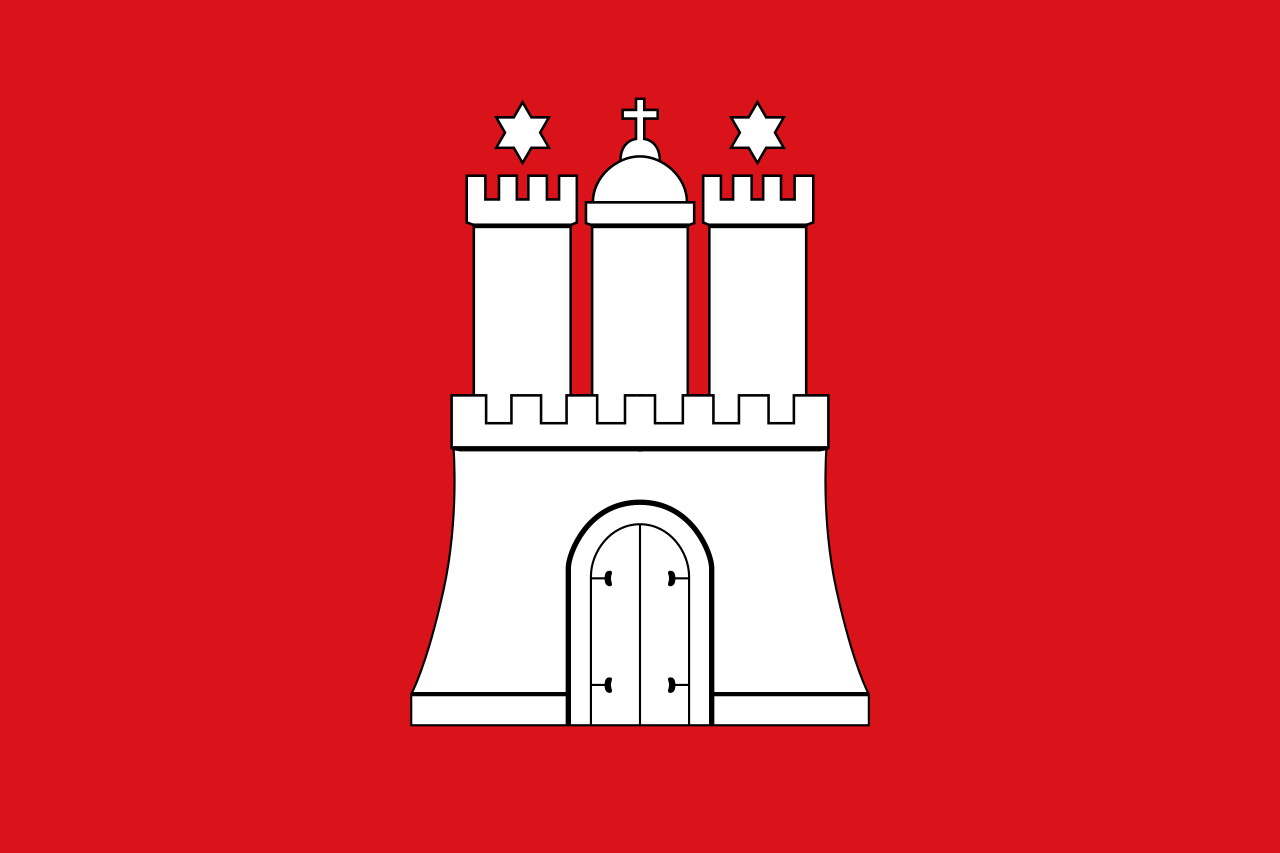 Hamburg
Hamburg

 Hand in Hand
Hand in Hand
 India
India
 Indonesia
Indonesia
 Italy
Italy
 Japan
Japan
 Mexico
Mexico
 Nicolas Sarközy
Nicolas Sarközy

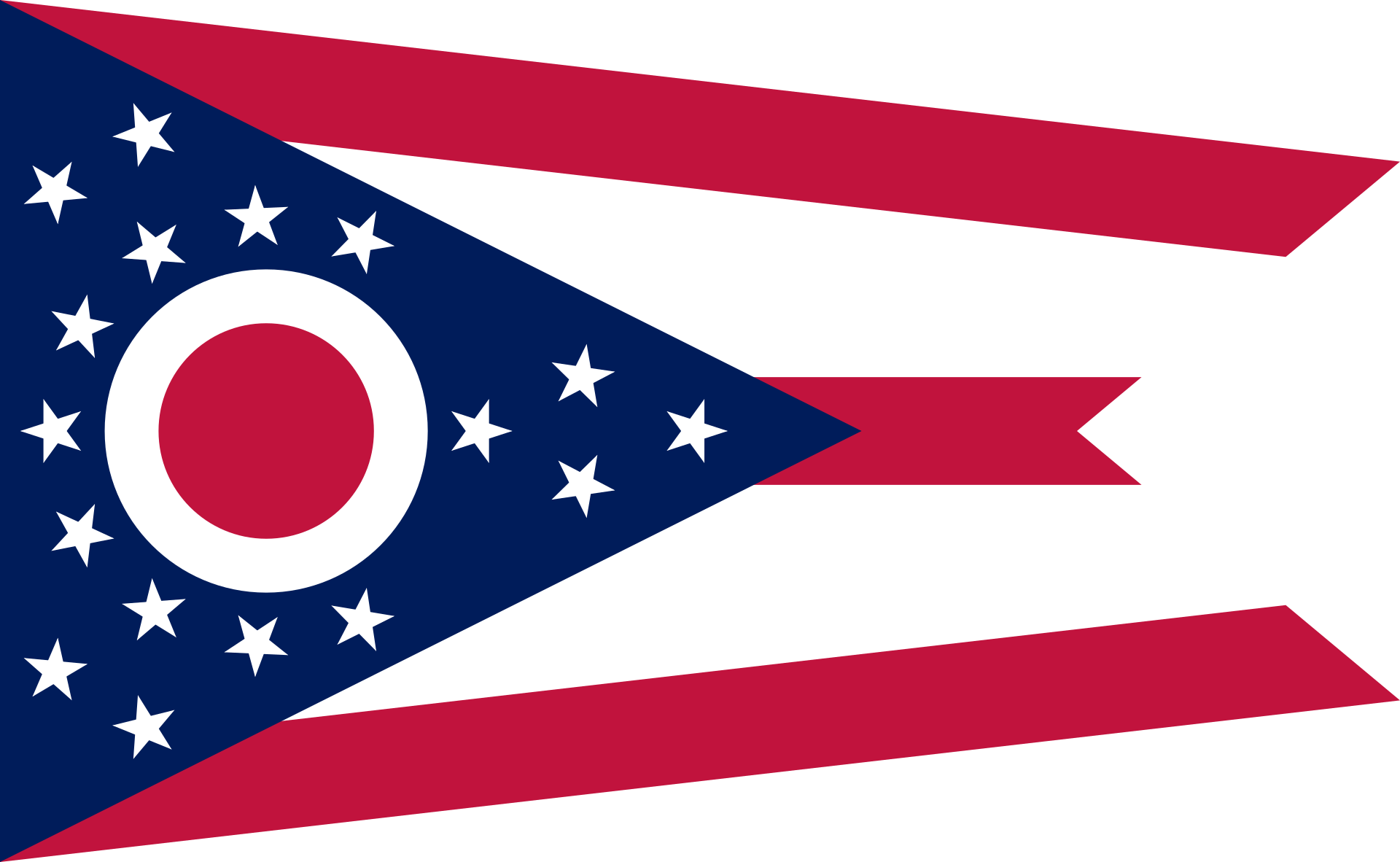 Ohio-OH
Ohio-OH

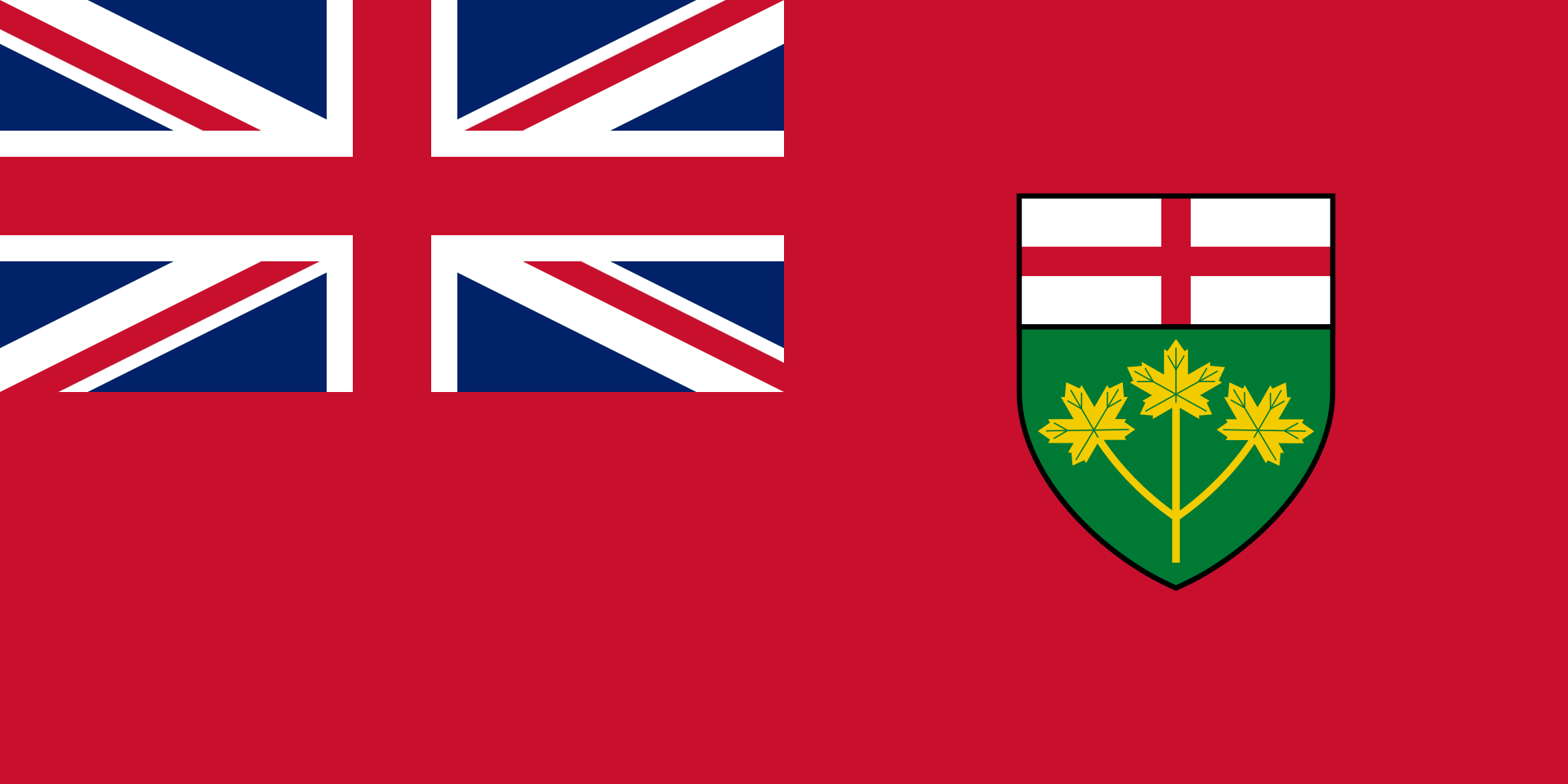 Ontario-ON
Ontario-ON

 Party and government
Party and government

 Party and government
Party and government
 Group of the twenty most important industrial and emerging countries
Group of the twenty most important industrial and emerging countries

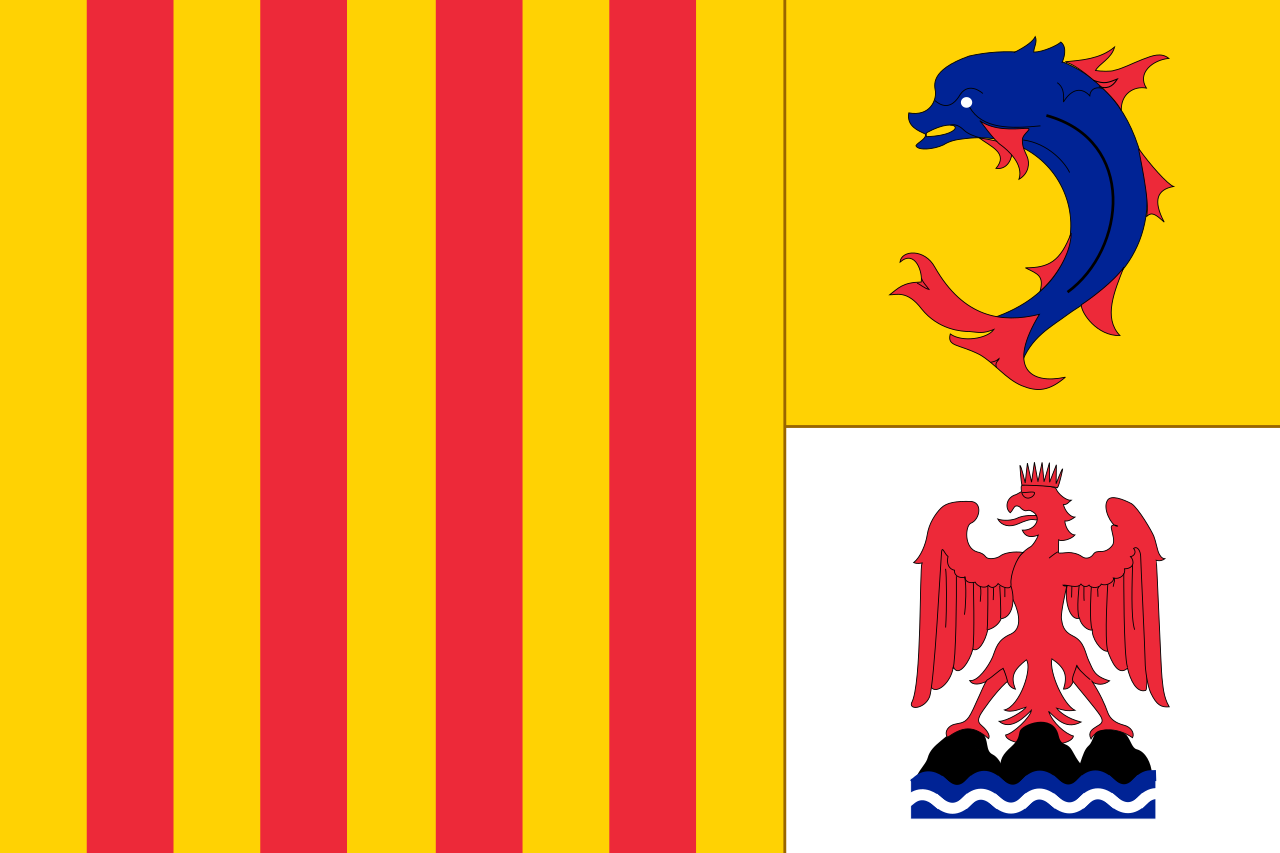 Provence-Alpes-Côte d´Azur
Provence-Alpes-Côte d´Azur

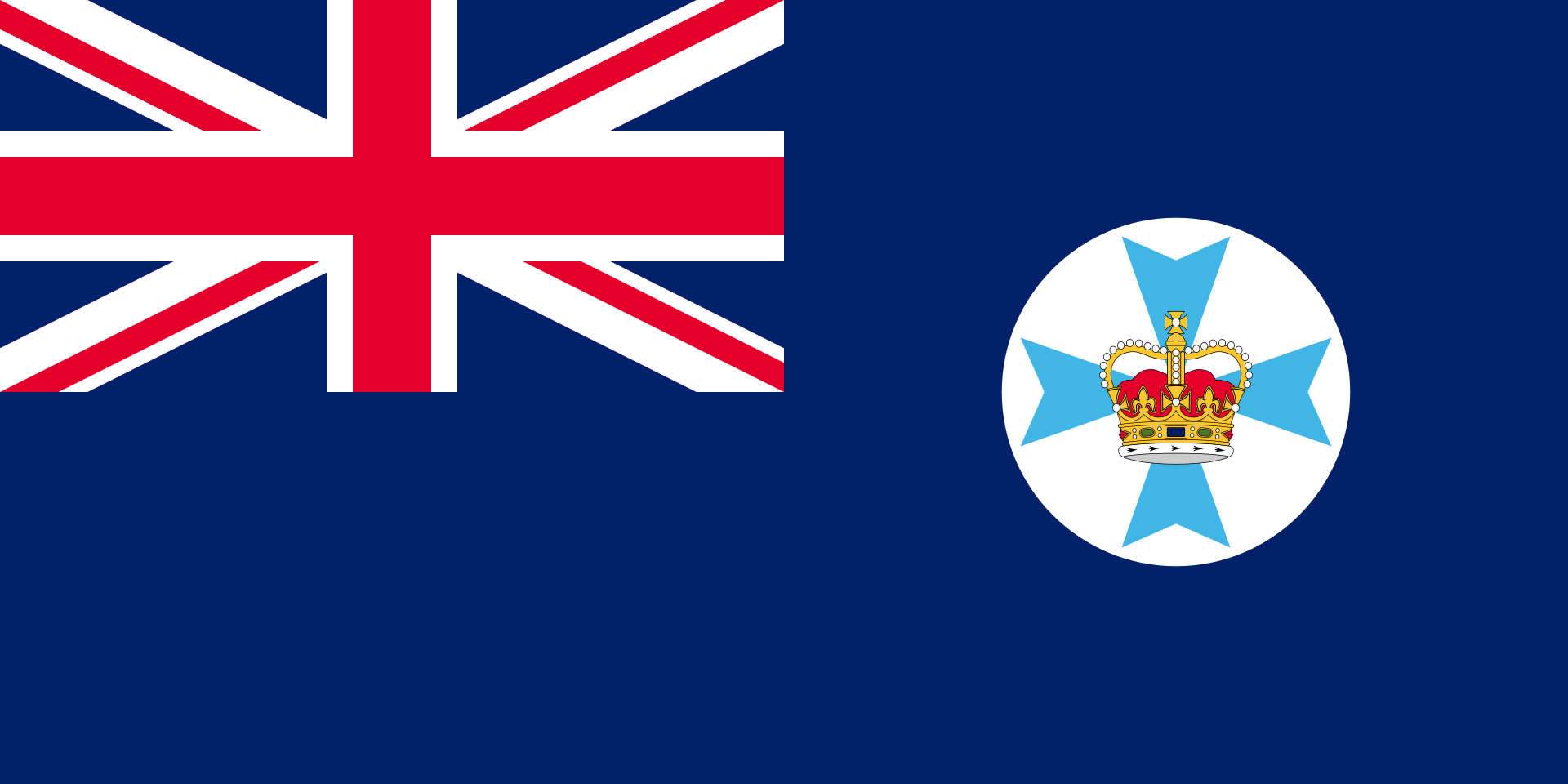 Queensland-QLD
Queensland-QLD
 Republic of Korea
Republic of Korea
 Russia
Russia
 Saudi Arabia
Saudi Arabia
 South Africa
South Africa
 Turkey
Turkey
 United Kingdom
United Kingdom

 Washington, D.C.
Washington, D.C.
 Zhejiang Sheng-ZJ
Zhejiang Sheng-ZJ
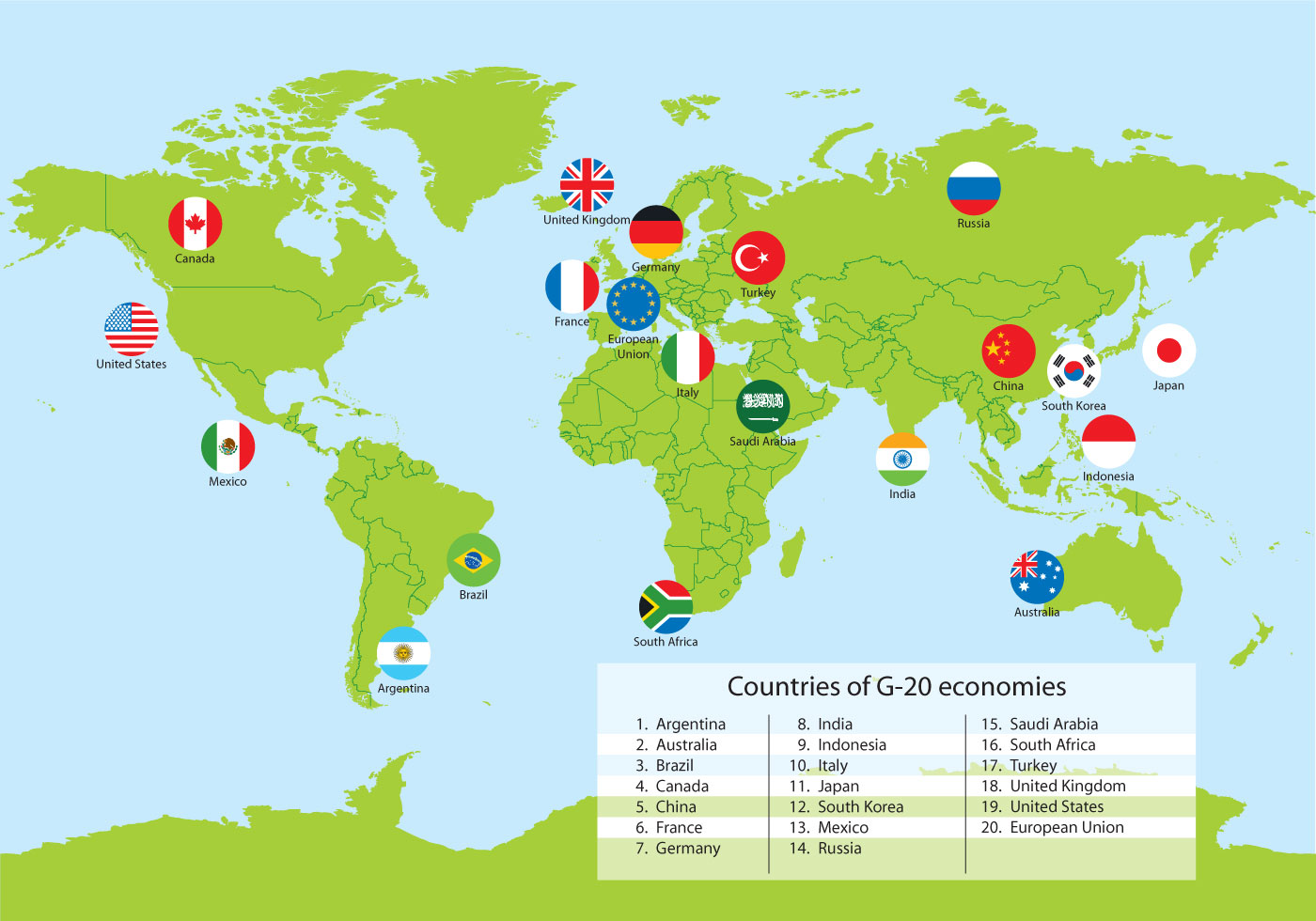
The G20 (or Group of Twenty) is an international forum for the governments and central bank governors from 19 countries and the European Union (EU). Founded in 1999 with the aim to discuss policy pertaining to the promotion of international financial stability,[3] the G20 has expanded its agenda since 2008 and heads of government or heads of state, as well as finance ministers, foreign ministers and think tanks[4], have periodically conferred at summits ever since. It seeks to address issues that go beyond the responsibilities of any one organization.[3]
Membership of the G20 consists of 19 individual countries plus the European Union. The EU is represented by the European Commission and by the European Central Bank. Collectively, the G20 economies account for around 90%[5] of the gross world product (GWP), 80% of world trade (or, if excluding EU intra-trade, 75%), two-thirds of the world population,[2] and approximately half of the world land area.
With the G20 growing in stature[6] after its inaugural leaders' summit in 2008, its leaders announced on 25 September 2009 that the group would replace the G8 as the main economic council of wealthy nations.[7] Since its inception, the G20's membership policies have been criticized by some intellectuals,[8][9] and its summits have been a focus for major protests.[10][11]
The heads of the G20 nations held summits twice in 2009 and twice in 2010. Since the November 2011 Cannes summit, G20 summits have been held annually.[12]
 *American think tanks
*American think tanks

 Financial
Financial
 *United States economic data
*United States economic data

 Party and government
Party and government
 *Think Tank
*Think Tank

 Washington, D.C.
Washington, D.C.

 Economy and trade
Economy and trade
 Economic and political research
Economic and political research
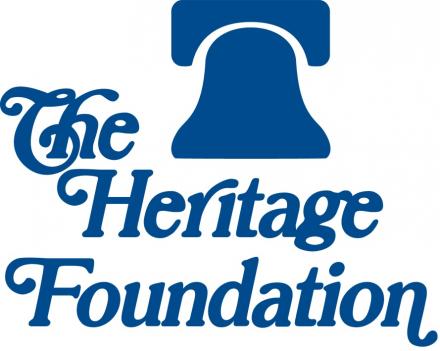
The Heritage Foundation (abbreviated to Heritage)[1][2] is an American conservative think tank based in Washington, D.C., primarily geared towards public policy. The foundation took a leading role in the conservative movement during the presidency of Ronald Reagan, whose policies were taken from Heritage's policy study Mandate for Leadership.[4]
Historically, the Heritage Foundation has had significant influence in U.S. public policy making. It is among the most influential conservative public policy organizations in the United States.
 *American think tanks
*American think tanks

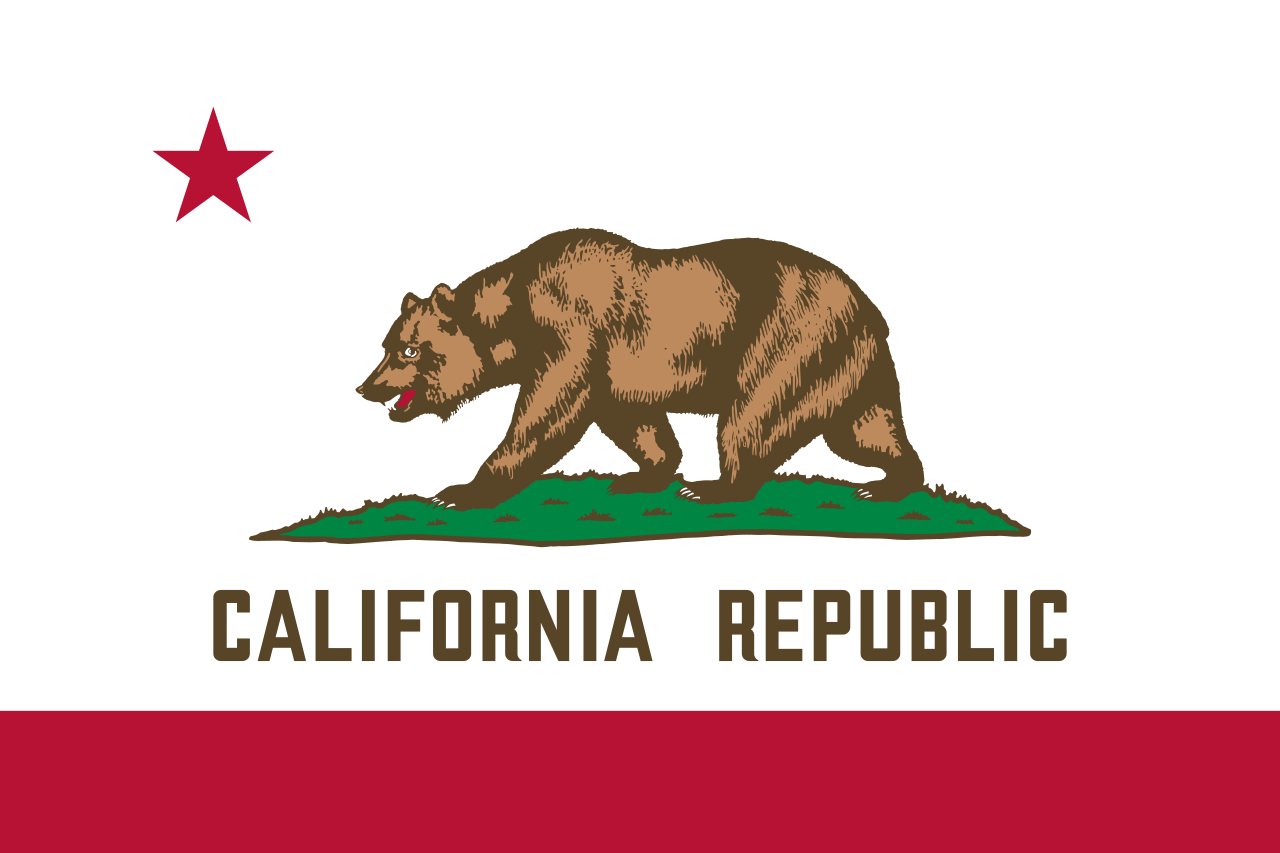 California-CA
California-CA

 Financial
Financial
 *United States economic data
*United States economic data

 Economy and trade
Economy and trade
 Economic and political research
Economic and political research
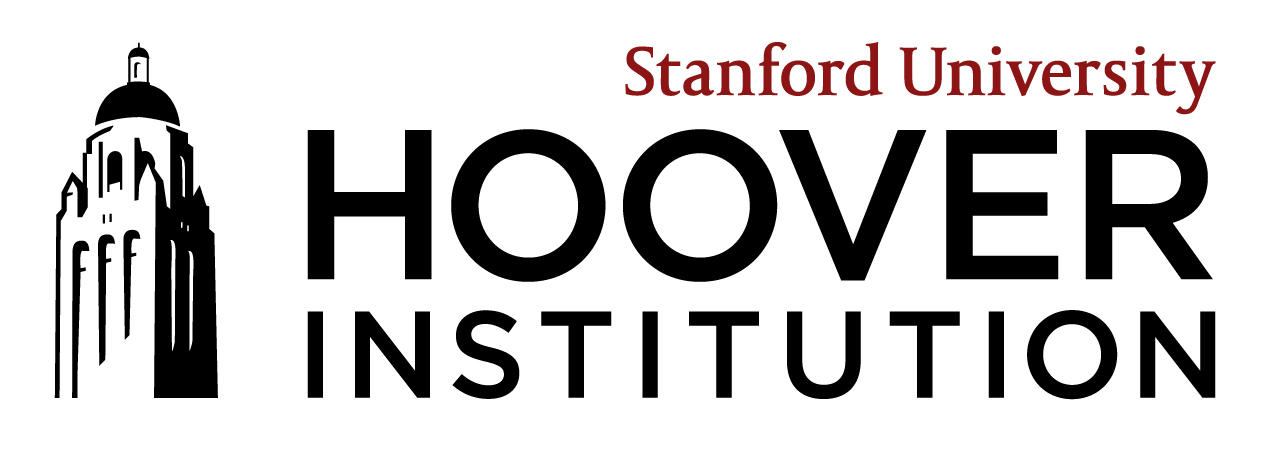
The Hoover Institution on War, Revolution, and Peace is a conservative American public policy institution and research institution that promotes personal and economic liberty, free enterprise, and limited government.[2][3][4] Located in Stanford, California, on the campus of Stanford University, it began as a library founded in 1919 by Stanford alumnus Herbert Hoover, before he became President of the United States. The library, known as the Hoover Institution Library and Archives, houses multiple archives related to Hoover, World War I, World War II, and other world-historical events.
The Hoover Institution has been a place of scholarship for individuals who previously held high-profile positions in government, such as George Shultz, Condoleezza Rice, Michael Boskin, Edward Lazear, John B. Taylor, Edwin Meese, and Amy Zegart—all Hoover Institution fellows. In 2007, retired U.S. Army General John P. Abizaid, former commander of the U.S. Central Command, was named the Institution's first annual Annenberg Distinguished Visiting Fellow.[5] Former Secretary of Defense General James Mattis served as a research fellow at Hoover before being appointed by the Trump administration.[6]
Hoover was ranked as the tenth most influential think tank in the world in 2020 by Academic Influence, and the 22nd of the "Top Think Tanks in the United States" by the Global Go To Think Tank Index Report in 2019 (Think Tanks and Civil Societies Program, University of Pennsylvania).[7][8]
While the Hoover Institution is formally a unit of Stanford University,[9] it has its own board of overseers[10] and less than 2% of its funding come from the university; instead it relies on its own endowment income and gifts.
 Argentina
Argentina
 Australia
Australia
 Belgium
Belgium
 Brazil
Brazil

 China
China
 Denmark
Denmark
 Germany
Germany

 Financial
Financial
 International Bank for Cooperation
International Bank for Cooperation
 France
France
 Holland
Holland
 India
India
 Indonesia
Indonesia
 Internationaler Währungsfonds
Internationaler Währungsfonds
 Camille Gutt
Camille Gutt
 Internationaler Währungsfonds
Internationaler Währungsfonds
 Christine Lagarde
Christine Lagarde
 Internationaler Währungsfonds
Internationaler Währungsfonds
 Dominique Strauss-Kahn
Dominique Strauss-Kahn
 Internationaler Währungsfonds
Internationaler Währungsfonds
 Horst Köhler
Horst Köhler
 Internationaler Währungsfonds
Internationaler Währungsfonds
 Ivar Rooth
Ivar Rooth
 Internationaler Währungsfonds
Internationaler Währungsfonds
 Jacques de Larosière
Jacques de Larosière
 Internationaler Währungsfonds
Internationaler Währungsfonds
 Johan Witteveen
Johan Witteveen
 Internationaler Währungsfonds
Internationaler Währungsfonds
 Michel Camdessus
Michel Camdessus
 Internationaler Währungsfonds
Internationaler Währungsfonds
 Per Jacobsson
Per Jacobsson
 Internationaler Währungsfonds
Internationaler Währungsfonds
 Pierre-Paul Schweitzer
Pierre-Paul Schweitzer
 Internationaler Währungsfonds
Internationaler Währungsfonds
 Rodrigo Rato
Rodrigo Rato
 Italy
Italy
 Japan
Japan
 Malaysia
Malaysia
 Mexico
Mexico
 Nigeria
Nigeria
 Norwegen
Norwegen
 Austria
Austria
 Poland
Poland
 Republic of Korea
Republic of Korea
 Russia
Russia
 Saudi Arabia
Saudi Arabia
 Sweden
Sweden
 Switzerland
Switzerland
 Spain
Spain
 South Africa
South Africa

 Venezuela
Venezuela
 United Kingdom
United Kingdom

 Washington, D.C.
Washington, D.C.

 Economy and trade
Economy and trade
 Economic and political research
Economic and political research
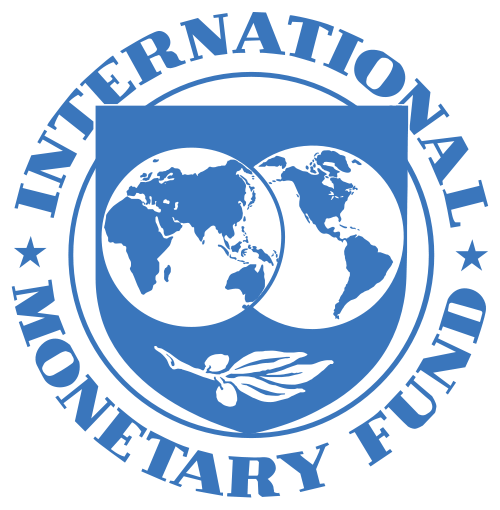
The International Monetary Fund (IMF) is an international organization headquartered in Washington, D.C., consisting of 189 countries working to foster global monetary cooperation, secure financial stability, facilitate international trade, promote high employment and sustainable economic growth, and reduce poverty around the world while periodically depending on the World Bank for its resources.[1] Formed in 1944 at the Bretton Woods Conference primarily by the ideas of Harry Dexter White and John Maynard Keynes,[6] it came into formal existence in 1945 with 29 member countries and the goal of reconstructing the international payment system. It now plays a central role in the management of balance of payments difficulties and international financial crises.[7] Countries contribute funds to a pool through a quota system from which countries experiencing balance of payments problems can borrow money. As of 2016, the fund had XDR 477 billion (about US$ 667 billion).[8]
Through the fund and other activities such as the gathering of statistics and analysis, surveillance of its members' economies, and the demand for particular policies,[9] the IMF works to improve the economies of its member countries.[10] The organization's objectives stated in the Articles of Agreement are:[11] to promote international monetary co-operation, international trade, high employment, exchange-rate stability, sustainable economic growth, and making resources available to member countries in financial difficulty.[12] IMF funds come from two major sources: quotas and loans. Quotas, which are pooled funds of member nations, generate most IMF funds. The size of a member's quota depends on its economic and financial importance in the world. Nations with larger economic importance have larger quotas. The quotas are increased periodically as a means of boosting the IMF's resources in the form of special drawing rights.[13]
The current Managing Director (MD) and Chairwoman of the IMF is Bulgarian Economist Kristalina Georgieva, who has held the post since October 1, 2019.[14]
Gita Gopinath was appointed as Chief Economist of IMF from 1 October 2018. She received her PhD in economics from Princeton University. Prior to her IMF appointment she was economic adviser to the Chief Minister of Kerala, India.[15]
 *British think tank
*British think tank

 Financial
Financial
 *United Kingdom economic data
*United Kingdom economic data

 Party and government
Party and government
 *Think Tank
*Think Tank

 Economy and trade
Economy and trade
 Economic and political research
Economic and political research
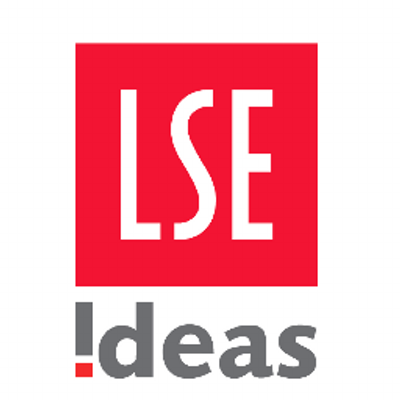
LSE IDEAS is a foreign policy think tank at the London School of Economics and Political Science. IDEAS was founded as a think tank for Diplomacy and Strategy in February 2008, succeeding the Cold War Studies Centre founded in 2004. The Chair is Professor Michael Cox and its Directors are Professor Christopher Coker and Professor Christopher Alden. The 2018 and 2017 Global Go To Think Tank Index run by the University of Pennsylvania's Think Tank and Civil Societies Program ranked LSE IDEAS as the number one European university-affiliated think tank, and the number two university-affiliated think tank in the world.[1][2]
IDEAS runs seven research projects, hosts public and private events (43 in 2017-2018), and publishes analysis of international affairs. From 2017 to 2018, it released 75 publications and held 43 fellowships and scholarships. In addition, IDEAS houses the LSE Executive MSc International Strategy and Diplomacy, a programme designed to enhance the strategic vision of mid-career professionals.

 Financial
Financial
 *China economic data
*China economic data

 Financial
Financial
 *Brazil economic data
*Brazil economic data

 Financial
Financial
 *Germany economic data
*Germany economic data

 Financial
Financial
 *European Union economic data
*European Union economic data

 Financial
Financial
 *France economic data
*France economic data

 Financial
Financial
 *India economic data
*India economic data

 Financial
Financial
 *Indonesia economic data
*Indonesia economic data

 Financial
Financial
 *Italy economic data
*Italy economic data

 Financial
Financial
 *Japan economic data
*Japan economic data

 Financial
Financial
 *Canada economic data
*Canada economic data

 Financial
Financial
 *Russia economic data
*Russia economic data

 Financial
Financial
 *United States economic data
*United States economic data

 Financial
Financial
 *United Kingdom economic data
*United Kingdom economic data

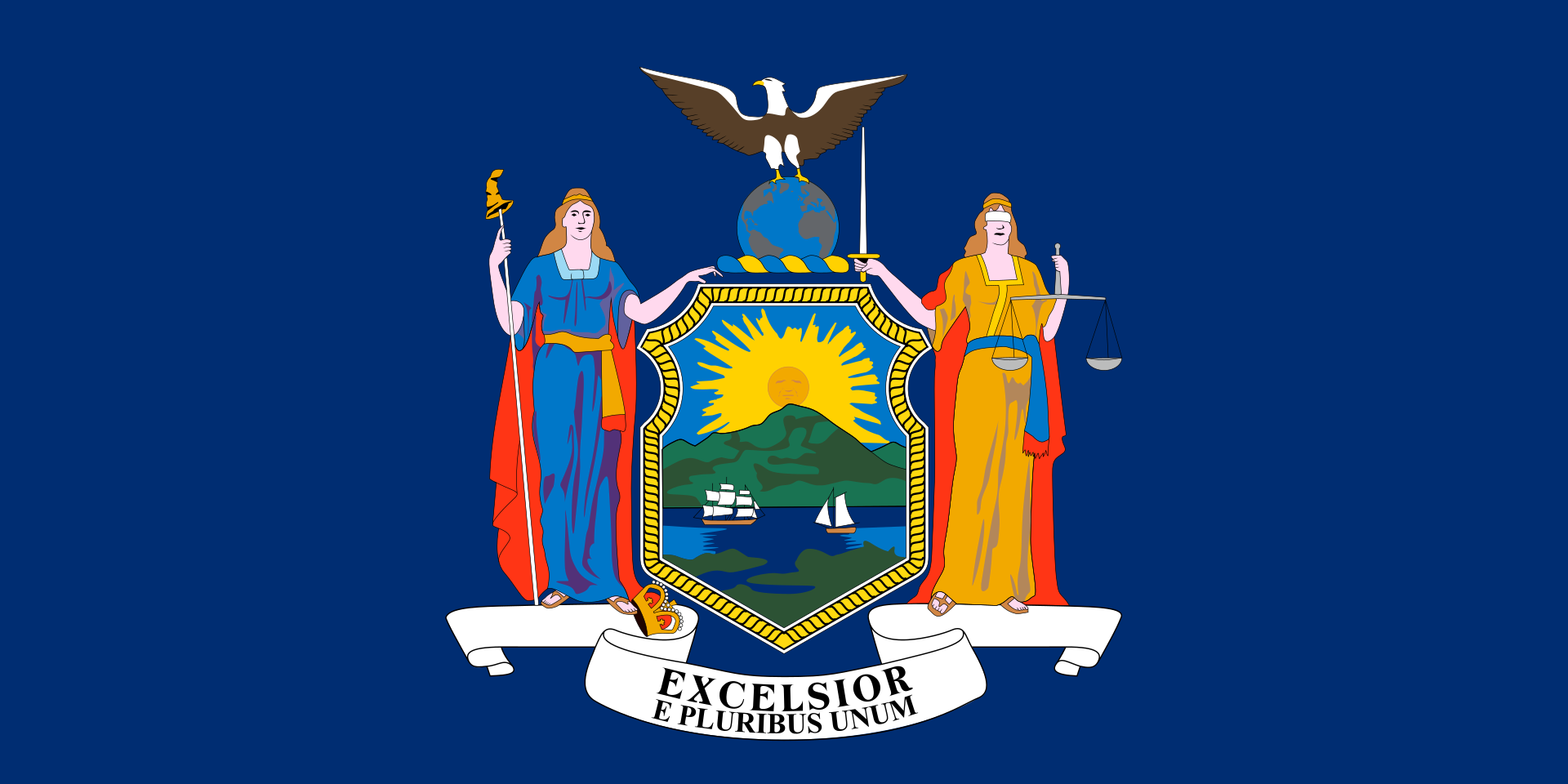 New York-NY
New York-NY
 United States
United States


 *American think tanks
*American think tanks
 *United States Political System
*United States Political System

 California-CA
California-CA

 Financial
Financial
 *United States economic data
*United States economic data

 Party and government
Party and government
 *Think Tank
*Think Tank
 United States
United States
The RAND Corporation ("research and development")[7] is an American nonprofit global policy think tank[1] created in 1948 by Douglas Aircraft Company to offer research and analysis to the United States Armed Forces. It is financed by the U.S. government and private endowment,[6] corporations,[8] universities[8] and private individuals.[8]
The company has grown to assist other governments, international organizations, private companies and foundations with a host of defense and non-defense issues, including healthcare. RAND aims for interdisciplinary and quantitative problem solving by translating theoretical concepts from formal economics and the physical sciences into novel applications in other areas, using applied science and operations research.

 Financial
Financial
 Special Drawing Right
Special Drawing Right

 Financial
Financial
 *China economic data
*China economic data

 Financial
Financial
 *European Union economic data
*European Union economic data

 Financial
Financial
 *United States economic data
*United States economic data

 Financial
Financial
 *United Kingdom economic data
*United Kingdom economic data

 Financial
Financial
 *Germany economic data
*Germany economic data

 Financial
Financial
 *France economic data
*France economic data

 Financial
Financial
 *Italy economic data
*Italy economic data

 Financial
Financial
 *Japan economic data
*Japan economic data
 Hartwährung/Strong Currency
Hartwährung/Strong Currency
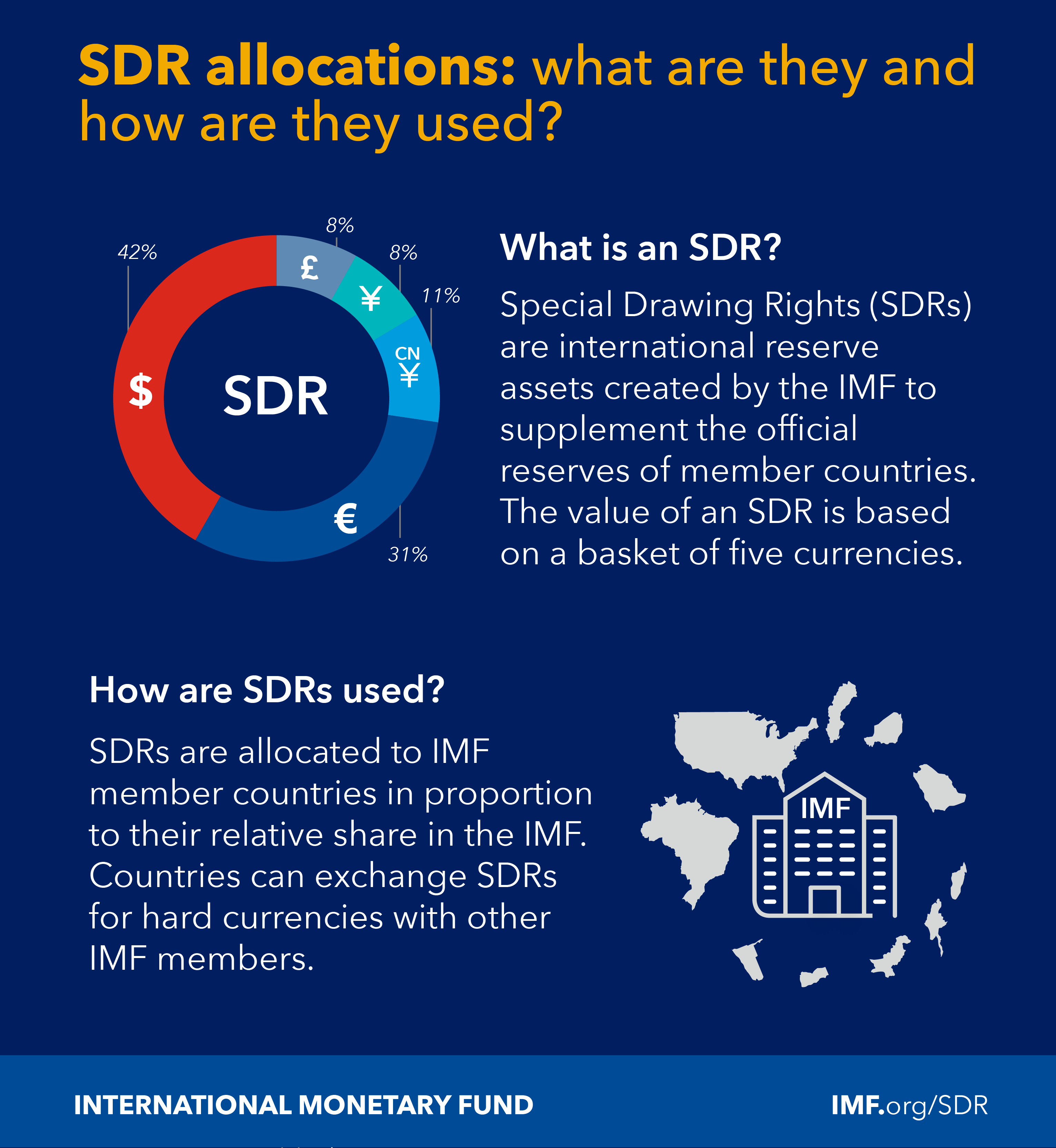
Special drawing rights (SDRs) are supplementary foreign exchange reserve assets defined and maintained by the International Monetary Fund (IMF).[1] SDRs are units of account for the IMF, and not a currency per se.[2] They represent a claim to currency held by IMF member countries for which they may be exchanged.[3] SDRs were created in 1969 to supplement a shortfall of preferred foreign exchange reserve assets, namely gold and U.S. dollars.[3] The ISO 4217 currency code for special drawing rights is XDR and the numeric code is 960.[4]
SDRs are allocated by the IMF to countries,[3] and cannot be held or used by private parties.[5] The number of SDRs in existence was around XDR 21.4 billion in August 2009. During the global financial crisis of 2009, an additional XDR 182.6 billion was allocated to "provide liquidity to the global economic system and supplement member countries' official reserves". By October 2014, the number of SDRs in existence was XDR 204 billion.[6] Due to economic stress caused by the global pandemic some economists and several finance ministers of poorer countries have called for a new allocation of $4T to support member economies as they seek ways to recover.[7] In March 2021 the G24 and others proposed an allocation of $500B for this purpose.[8]
The value of a SDR is based on a basket of key international currencies reviewed by IMF every five years.[3] The weights assigned to each currency in the XDR basket are adjusted to take into account their current prominence in terms of international trade and national foreign exchange reserves.[3] In the review conducted in November 2015, the IMF decided to add the Renminbi (Chinese yuan) to the basket, effective 1 October 2016.[9] Since that date, the XDR basket has consisted of the following five currencies: U.S. dollar 41.73%, euro 30.93%, renminbi (Chinese yuan) 10.92%, Japanese yen 8.33%, British pound sterling 8.09%.
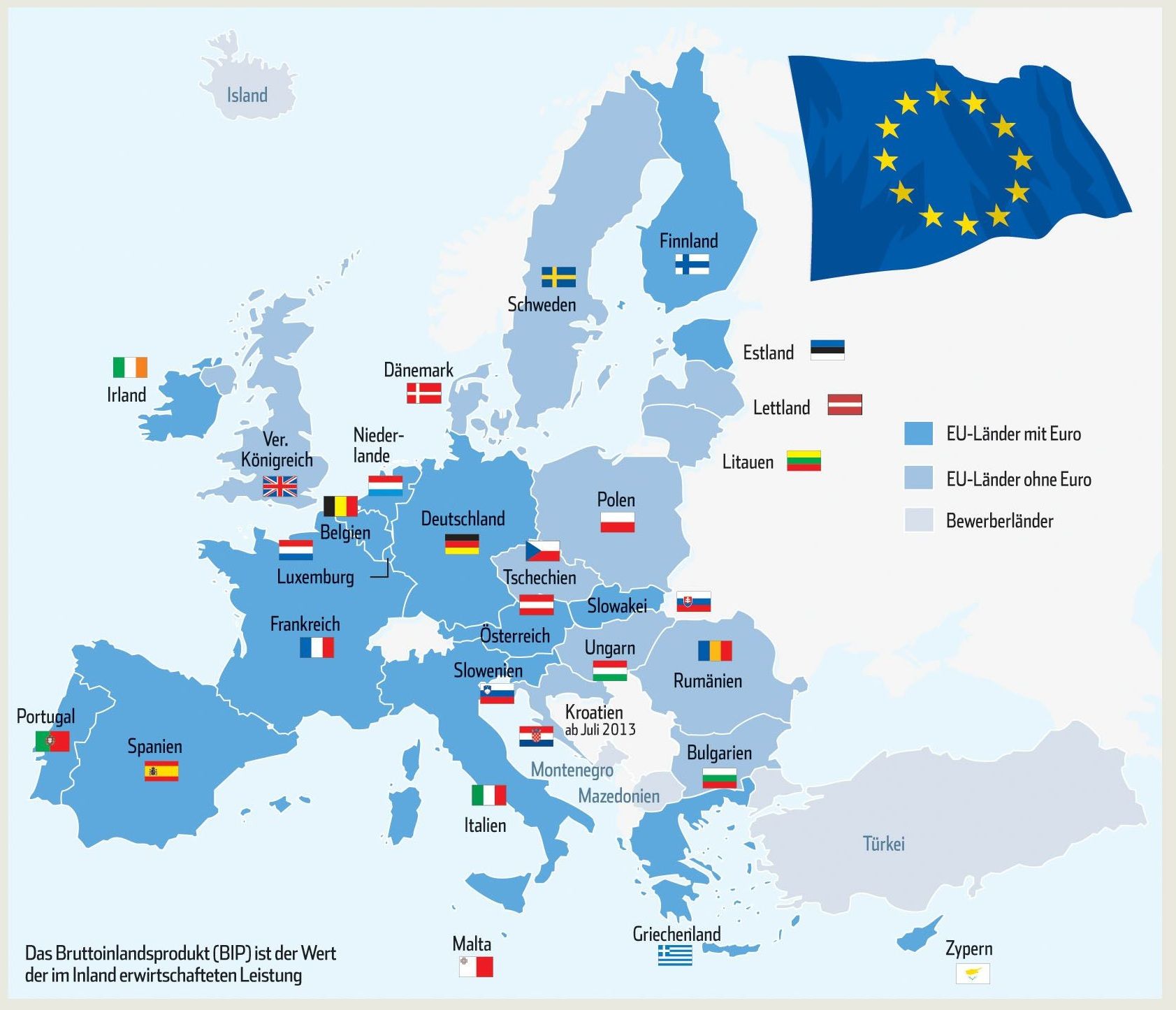
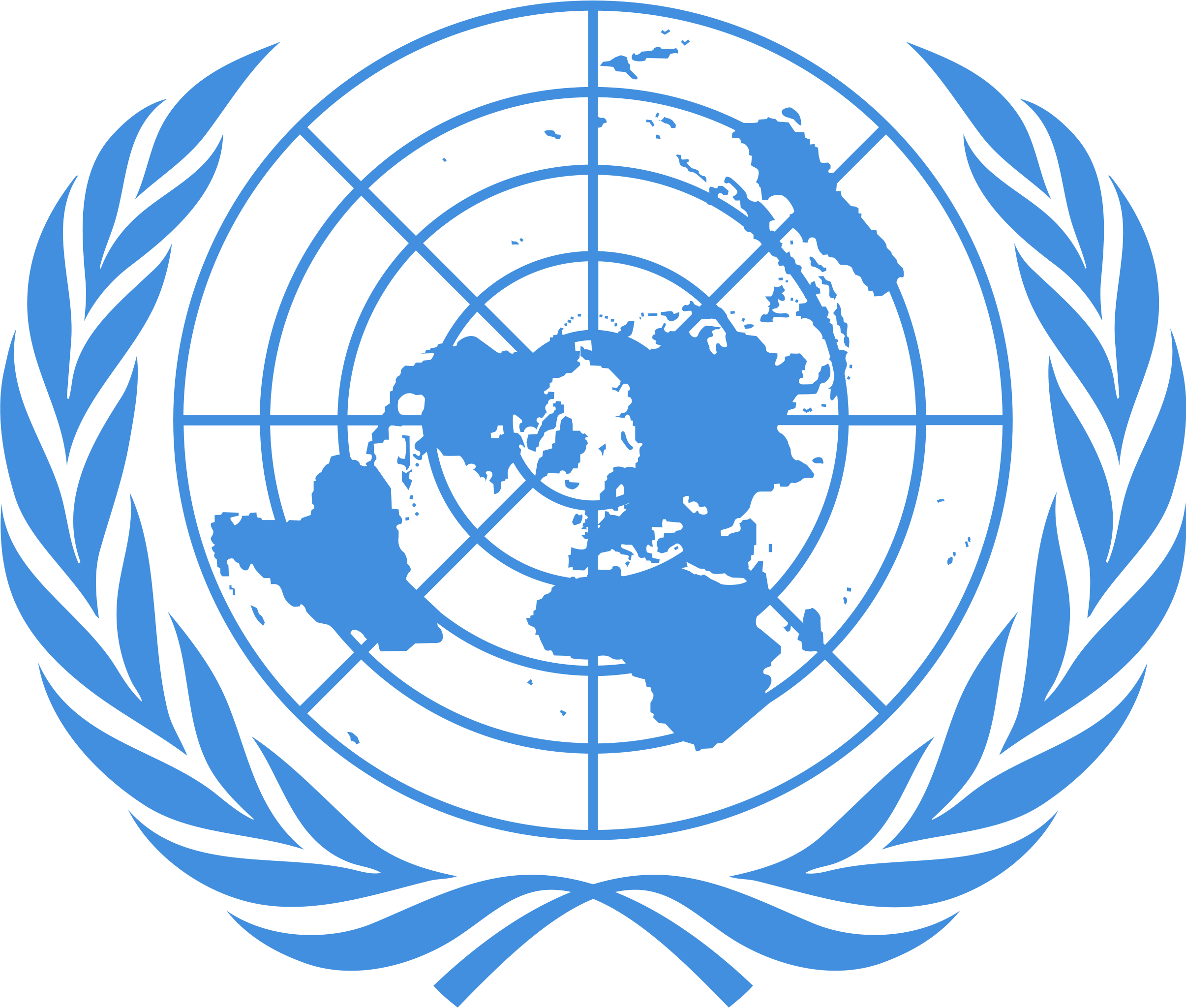 United Nations
United Nations